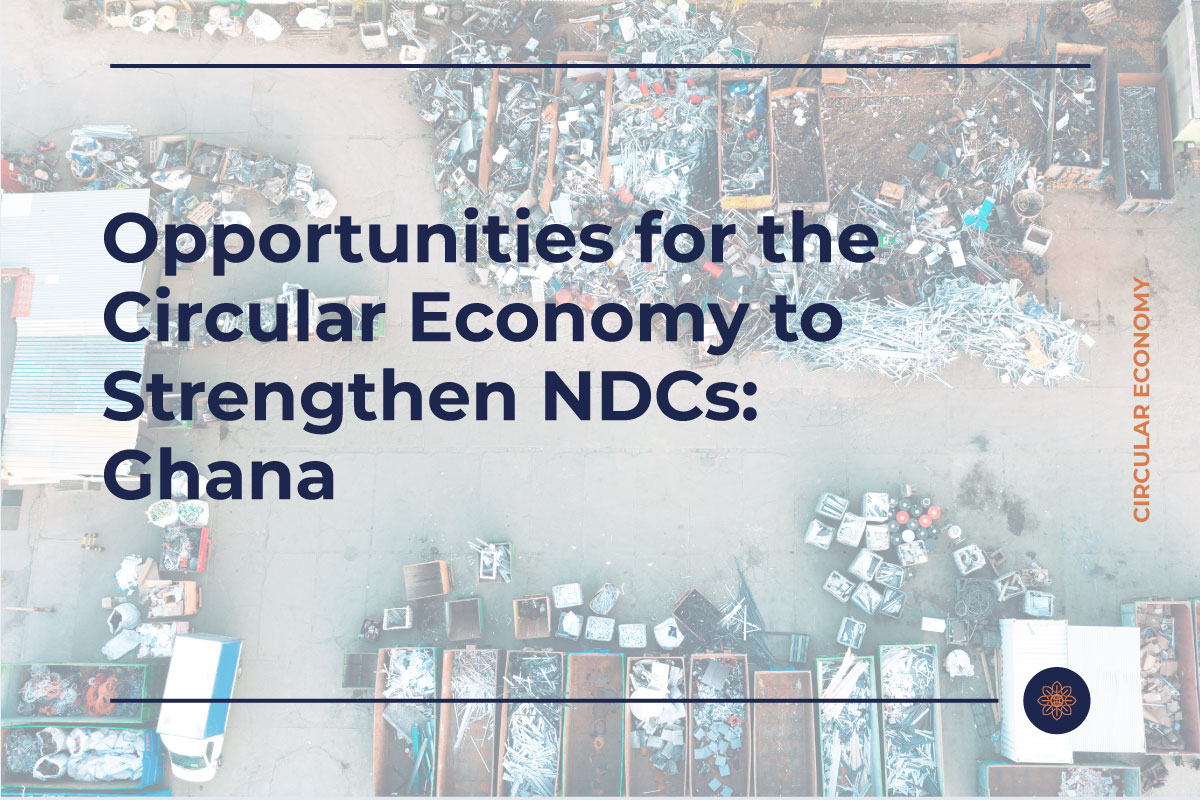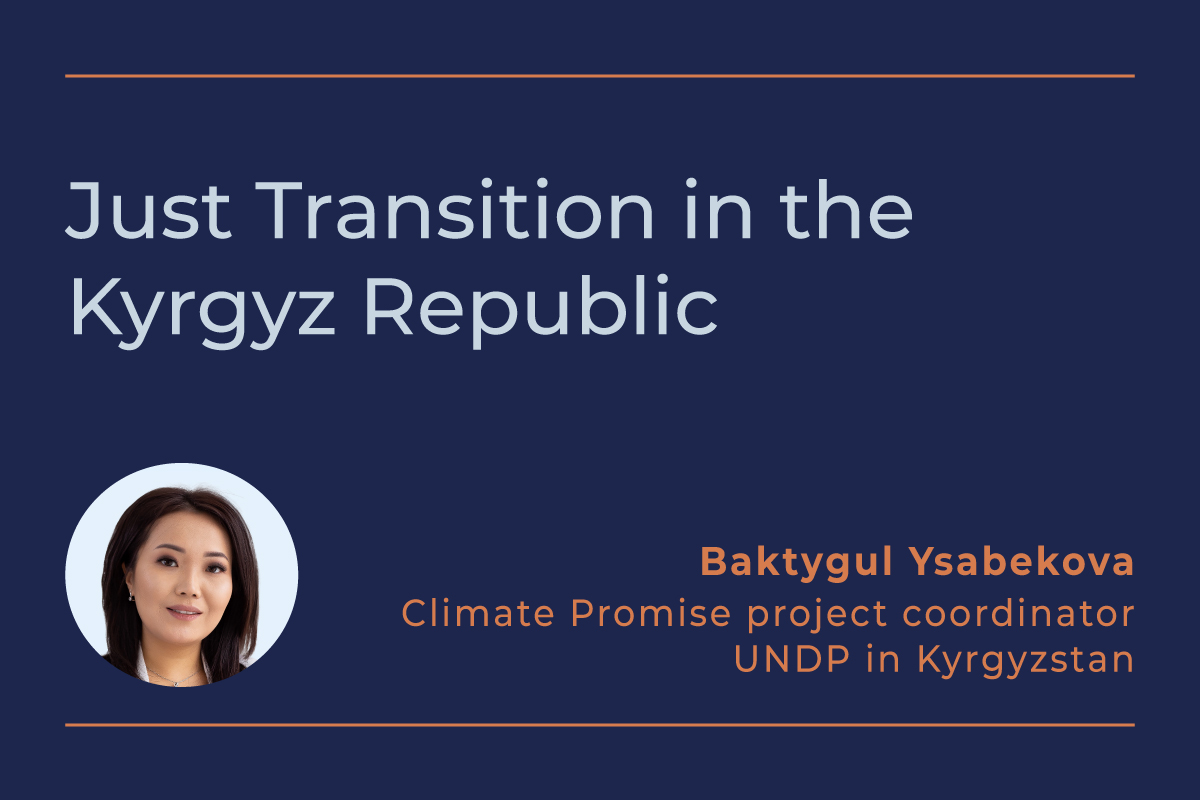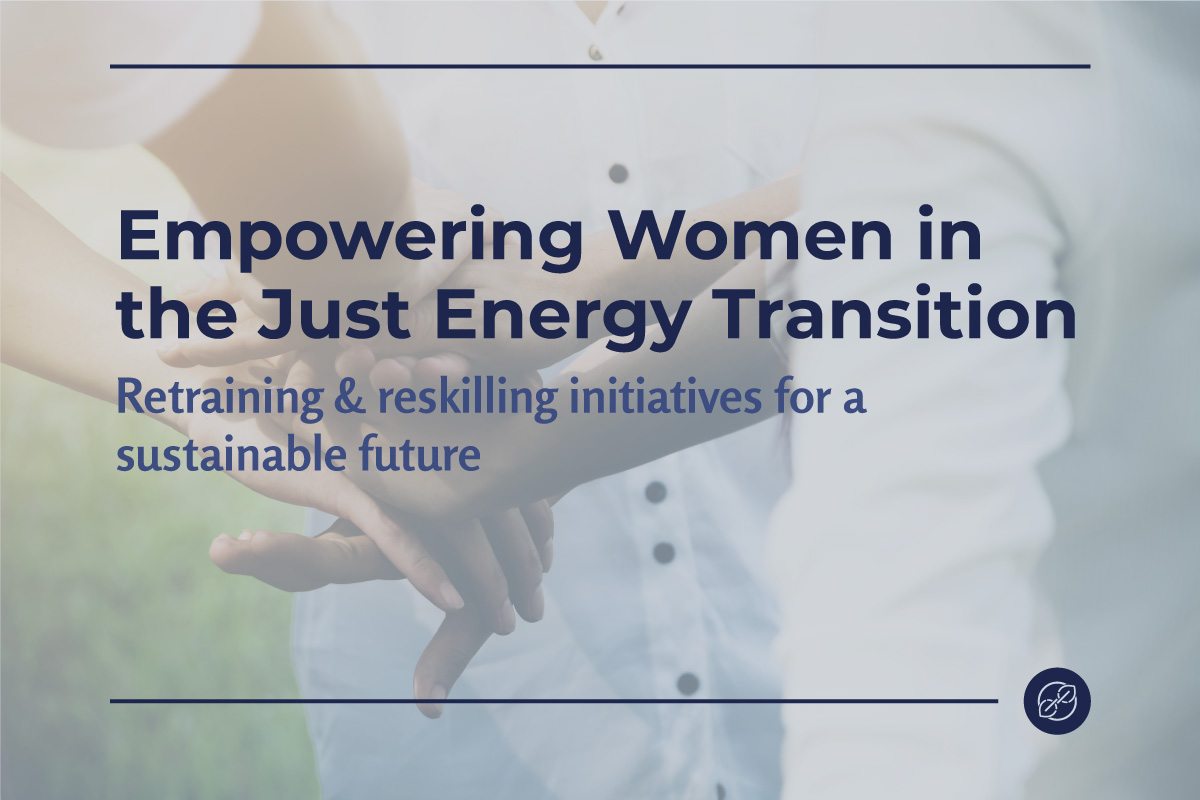Many African countries have developmental challenges and need to raise their populations from poverty. They will also be disproportionately affected by the adverse effects of climate change so they stress adaptation actions and strengthening resilience building. In 2020, countries will revise their NDCs as part of the Paris Agreement. Circular economy methods will be integral to reducing GHG emissions and therefore are valuable to be incorporated into NDCs.
In this blog series, we look how CE strategies can be used to increase ambition level of African NDCs. Many circular efforts are present already in Ghana, making it ideal to add these measures to national emissions-reduction strategies. Ghana’s NDCs consist of twenty mitigation actions and eleven adaptation actions in seven priority sectors. Its unconditional emissions reduction goal is to lower its GHG emissions by 15% by 2030.
For developing countries such as Ghana, the circular economy can be an economic growth strategy that both protects development gains and aids measures to reduce GHG emissions. Many circular economy principles such as recycling and reuse of materials are already in place, some out of necessity. Even so, they present opportunities for innovation and development, and additionally can aid in its NDC goals of reducing GHG emissions in both mitigation actions such as waste management and increasing energy efficiency and adaptation actions such as resilient infrastructure planning.
For 2020, we take particular note of the industry sector, as it is considered for additional inclusion this in UNDP support of Ghana’s NDC enhancement. As a result, resource efficiency solutions in this sector would be the focus of the work this year.
Along with the e-waste hub in Agbogbloshie, the scrap metal industry in the Sunyani Municipality and the automotive re-manufacturing and repair Kumashi industrial cluster are centers of a booming secondhand industry. Opportunities exist here in both job creation and economic output as well as GHG reduction possibilities.
Like other developing countries, Ghana has had difficulties in municipal solid waste management with regards to infrastructural and technical inefficiencies. Its rapid urbanization must be matched with solutions. It is home to one of the world’s largest e-waste hubs in Agbogbloshie, Accra, and imports about 150,000 tons of second-hand electronics a year. (The real figure is probably higher due to a lucrative trade in digital dumping.)
Finally, there are many SMEs that are providing circular services. We take a look at some of them in the table below.
| Sector | Proposed Activities in the NDC | Current CE Actions Taken in the Sector | CE Opportunities to Reduce Sector Emissions |
| Energy | Scale up renewable energy penetration by 10% by 2030 Promote clean rural households lighting Expand the adoption of market-based cleaner cooking solutions Double energy efficiency improvement to 20% in power plants | Power stations and large-scale heating systems often generate residual heat that can be captured and used for other purposes. For example, a gas-fired power plant under expansion in Ghana will use heat recovery technology to generate 50 per cent more electricity without increasing greenhouse gas emissions. The first renewable energy industrial park in Africa will be built in Takoradi, Western Ghana. It will be wholly powered by renewable energy. | Shift fuel to alternative sources of energy. For example, switch from oil to natural gas to renewable energy to power an on-campus plant, or switch from ethanol to gasoline or from diesel to biodiesel to power a fleet of vehicles. Improve the production and efficient use of biomass in the short term and increase regeneration Engage with experts to improve technology and bring down the cost of renewable energy, creating fiscal pricing incentives. Decrease fossil fuel subsidies gradually that continue to form an important part of the country’s budget expenditure |
| Transport | Scale up sustainable mass transportation | Mobile payments for mass transportation. | |
| Agriculture, Forestry, and Other Land Use | Promote sustainable utilization of forest resources through REDD+ | The Netherlands based company Safi Sana collects fecal and organic waste from urban slums. This waste is treated in a digester to create organic fertilizer, irrigation water and biogas. The biogas is used to produce electricity and the irrigation water and part of the organic fertilizer are used to grow seedlings. | Remove subsidies on inorganic fertilizers and instead direct subsidies to organic farming practices. |
| Waste | Adopt alternative urban solid waste management | The Waste Recovery Platform, facilitated by UNDP, connects stakeholders in productive partnerships with regards to waste management data and addressing policy implementation gaps Many people have become engaged in the collection and washing of recyclable plastics waste in Ghana. These activities are often community based where waste pickers are organized into cooperatives. After collection and cleaning, the recycled plastics are transported to a growing number of recycling plants of various capacities. Ghana plans to develop a national roadmap for plastic waste management. The goal is to “to achieve zero leakage of plastic waste into our oceans and waterways”. The European Union is launching the program “E-waste Management in Ghana: From Grave to Cradle“. The objective is to effectively implement the Ghanaian Hazardous and Electronic Waste Control and Management Act and formalises sector-related SMEs and MSMEs. The German GIZ is planning to invest EUR 10 million in policy making regarding e-waste, developing new business models for e-waste, and involvement of the informal sector. A further EUR 20 million will be invested in an EPR scheme for e-waste; fee collection by the company SGS; and setting up a recycling factory for e-waste. Closing the Loop is a Dutch company with an innovative business model that facilitates the recycling of mobile phones in Ghana. When governmental organizations and private companies in the Netherlands purchase new mobile phones for their employees, they also pay Closing the Loop to collect an equal amount of discarded mobile phones in Ghana. The precious metals in the phones add to the business model. Ghana-based City Waste Recycling recycles waste ranging from e-waste and batteries to sawdust and plastic. Its materials are sourced from local industries and waste collectors in the city of Ho. From this waste, CWR generates products such as plastic pellets, printed circuit boards and biogas (compost). It exports recycled e-waste products. The e-waste hub in Agbogbloshie is one of the largest in the world. However, under current practices, e-waste is also a far from perfect solution to the lack of access – as the fastest-growing waste stream in the world, it presents serious health and environmental risks, often for the most vulnerable groups. COLIBA is a waste management app. It consists of a mobile application and a messaging system to facilitate the collection of recyclables. The user receives points which can be transformed into phone credit, vouchers, meal tickets etc. In 2016 COLIBA carried out a pilot in five Ghanaian schools. | Set a plastic recycling target. Current levels of PET bottle production in Ghana are 68,000 metric tons a year. Together with imported PET bottles, 73 million kilos of PET bottle waste is released into the environment each year. Only 2% of PET bottle waste is recycled because there is virtually no difference between the cost of recycled PET and the cost of virgin material. Recycling plastics, especially PET and HDPE, result in significant reduction of GHG emissions. Improve technical e-waste processing facilities. Ghana needs practical and maintainable electronic waste policies, which recognize the importance of the informal repair and recycling sector. E-waste from landfills produce methane emissions, which are 25 times more potent than carbon dioxide at keeping heat in the atmosphere. Improved recycling rates will also reduce overall energy consumption which removes direct GHG emissions. Increase capacity of landfills. A much-needed second phase to the landfill is currently planned. As of April 2019, both the Kpone and the Nsumia landfill were turning away waste vehicles due to capacity problems and technical challenges. Create targets for the amount of recycled e-waste that goes back into the production of new electronics systems. Ghana’s second-hand electronics market is growing rapidly. |
| Industry | Double energy efficiency to 20% in industrial facilities Green Cooling Africa Initiative | Suame Magazine in Kumasi, an artisan engineering cluster in sub-Saharan Africa, is the largest industrialized zone in Ghana. Its working population of over 200,000 is primarily engaged in vehicle repairs and refurbishment and metal works, such as automotive remanufacturing and repair. The Ghana Recycling Initiative by Private Enterprises (GRIPE), an industry coalition of eight major manufacturing companies, piloted a five-seater toilet facility in Kumasi built from the first plastic modified concrete. Switch Africa’s industrial symbiosis program for three regions in Ghana (Ashanti, Greater Accra and Western Region) enables waste of one company to be used as a resource by another. The scrap metal industry is growing in the Sunyani Municipality. However, much of the scrap was dumped and further education and facilities are needed to fully realise its potential. Nelplast is turning plastic garbage into stone-like pavement blocks, using almost any form of plastic waste to create a material like asphalt. This is then used to built new roads. | Define circularity strategy for new industrial parks built for Ghana Economic Transformation Project (GETP) Reuse and recycle scrap metal as a resource recovery measure. Establish targets for a certain % of recycled content in all new products. Build infrastructure for remanufacturing, recycling, and repair. Transfer, recycling, and foundry stations are needed to transfer and move metals and other materials to destinations for sales and recycling. |




